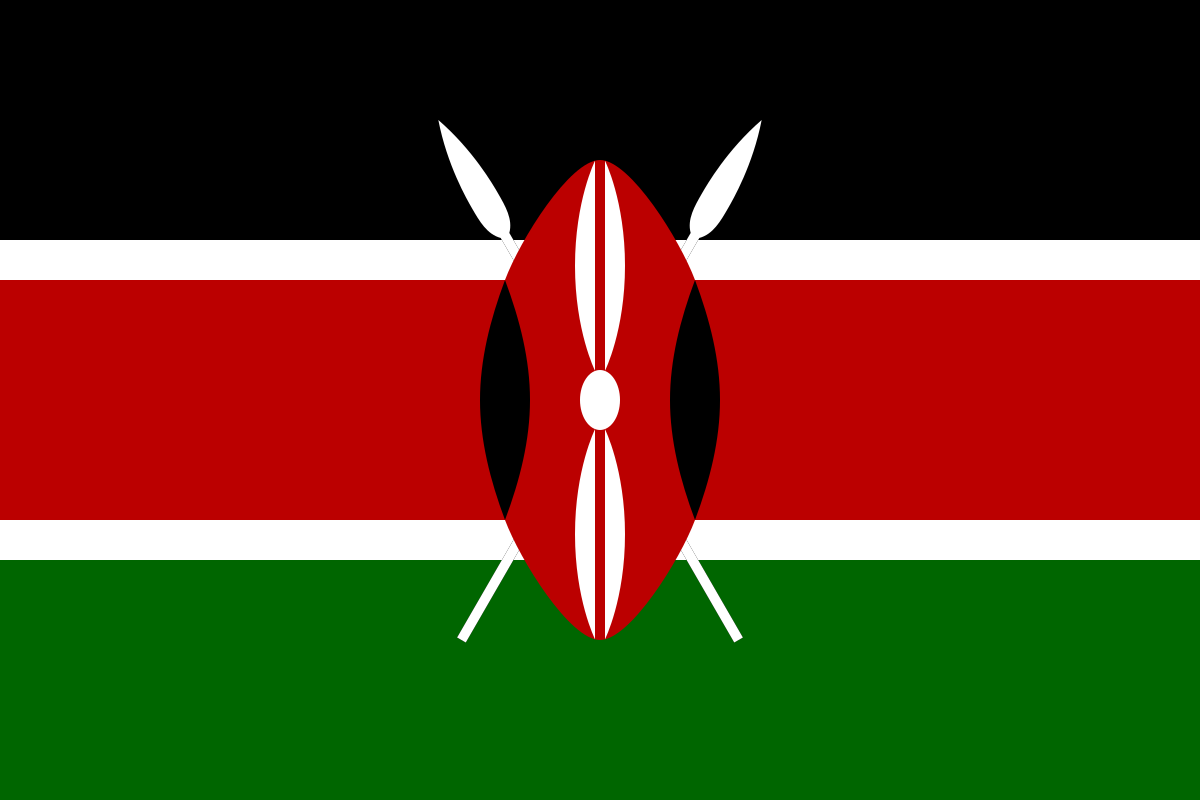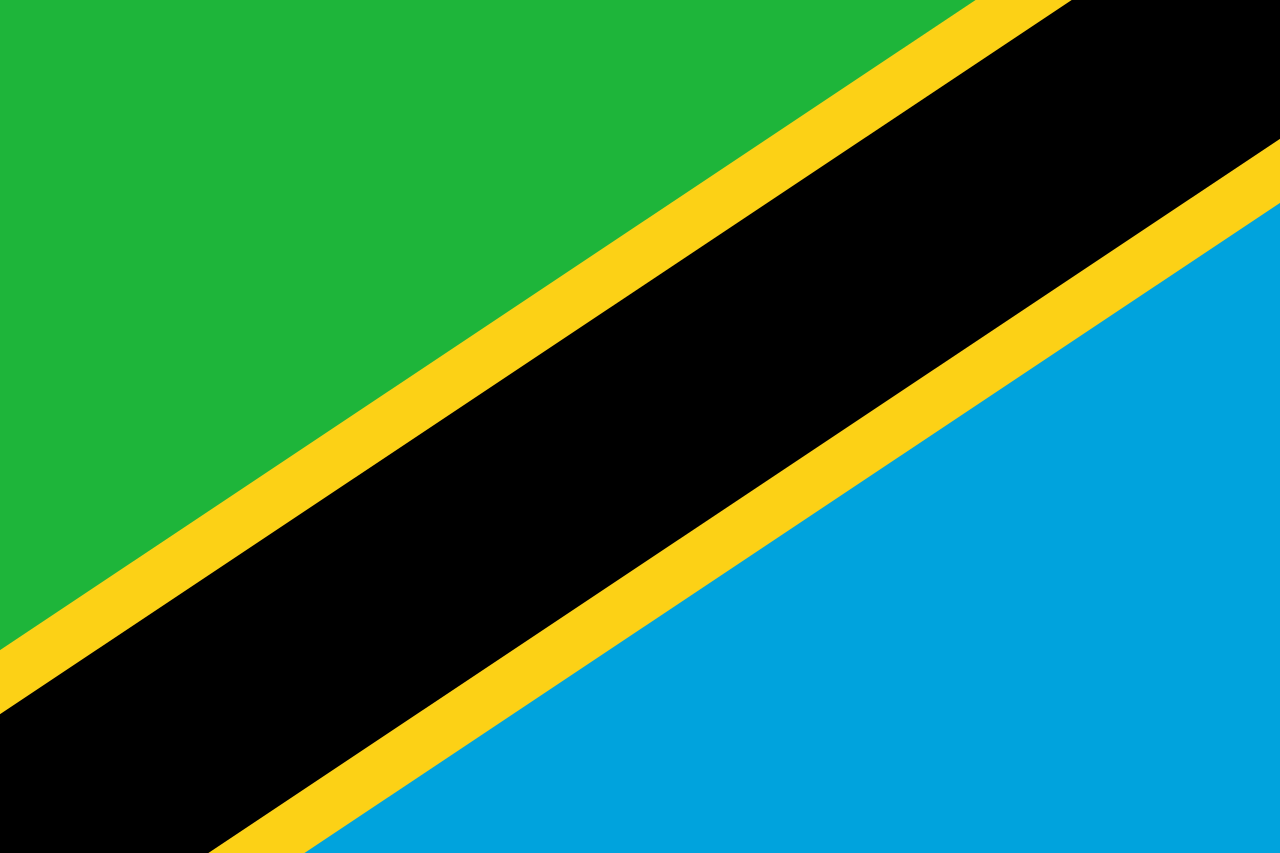A publication by Research ICT Africa (RIA) within the framework of its BIO-ID project, which monitors the digital ID systems in 10 African countries, has examined the shortcomings of the Huduma Namba system in Kenya and suggested ways in which it can be improved.
According to the RIA’s findings, there is the need for Kenya to focus registration for the digital identity among poor and marginalized people who are said to constitute the largest percentage of those who lack legal identification documents.
Kenya, the report adds, must not focus only on numbers but adopt a more holistic and inclusive approach which also factors in issues around human rights such as being able to protect people from the dangers that may arise from the use of their identity data.
In an interview that is part of a series of the RIA project, an advocate of the High Court of Kenya and research fellow with the Center for Intellectual Property and Information Technology Law (CIPIT) at Strathmore University, Grace Mutungu’u, states that too much of the politics surrounding ID spells danger for vulnerable and marginalized groups.
“Any new identity system should first resolve longstanding problems for those who have difficulties accessing the document and prioritize those without any identification…Since we have experience with security agencies using national ID to deny people freedom of movement, arrest them and threaten them, the new ID system ought to be conceptualized from a different paradigm,” said Mutungu’u in the interview.
Kenya’s Huduma Namba project has been rocked by controversy since its launch. In the past, groups, such as the Nubian Rights Forum, have called for certain reforms in order that millions of citizens are not marginalized by or excluded from the system. - Ayang Macdonald, BiometricUpdate.com








